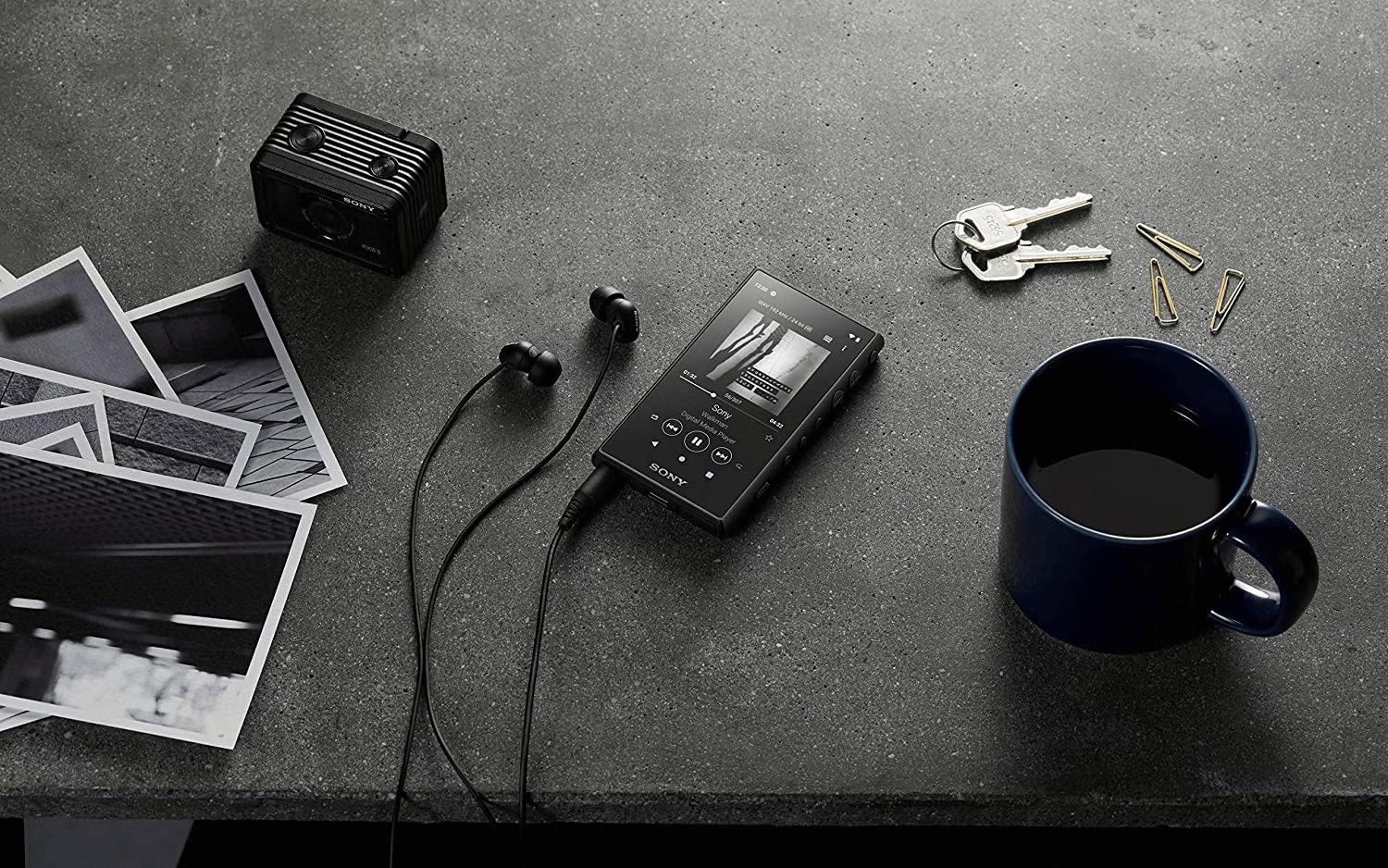
Introduction
For audiophiles and music enthusiasts seeking the purest digital representation of sound, the FLAC (Free Lossless Audio Codec) format reigns supreme. Unlike its widely used counterparts like MP3 and AAC, FLAC prioritizes perfect audio preservation over file size reduction.
Demystifying Lossless Compression: The FLAC Advantage
FLAC utilizes lossless compression techniques to achieve significant file size reduction without sacrificing a single bit of audio data. It achieves this by identifying and removing redundancies within the digital audio stream without discarding any of the original information.
This meticulous approach results in FLAC files that are typically around 50-60% smaller than their uncompressed counterparts (WAV or AIFF) while retaining the exact replica of the original recording. This commitment to audio fidelity makes FLAC the preferred format for those who prioritize the preservation of every sonic detail.
FLAC: A Boon for Audiophiles and Archiving
The advantages of FLAC are particularly significant for:
- Audiophiles: Discerning listeners can appreciate the nuanced details and intricate dynamics captured in FLAC recordings. FLAC ensures they experience music exactly as the artist intended, without any compromise in quality.
- Archiving: FLAC’s lossless nature makes it ideal for archiving valuable audio recordings. Unlike lossy formats, FLAC safeguards the original audio data, ensuring the preservation of music for future generations without any degradation.
- Mastering and Production: In professional audio production environments, FLAC plays a crucial role. Studios often utilize FLAC for storing and working with master recordings due to its ability to maintain the integrity of the original audio throughout the editing and production process.
FLAC: Considerations and Trade-offs
While FLAC offers unparalleled audio fidelity, it’s essential to consider some trade-offs:
- File Size: Compared to compressed formats like MP3 and AAC, FLAC files are significantly larger. This can strain storage limitations on portable devices.
- Compatibility: FLAC compatibility with music players and software isn’t as universal as MP3. However, its adoption is steadily increasing, and most modern devices and streaming services offer FLAC playback support.
FLAC: Ensuring Audio Fidelity for Generations to Come
Despite these considerations, FLAC remains a cornerstone for those seeking the purest digital representation of music. Its commitment to lossless compression guarantees the preservation of audio quality for generations to come. As storage capacities continue to expand and FLAC compatibility grows, this format is likely to remain a valuable tool for audiophiles, archivists, and music lovers alike.
